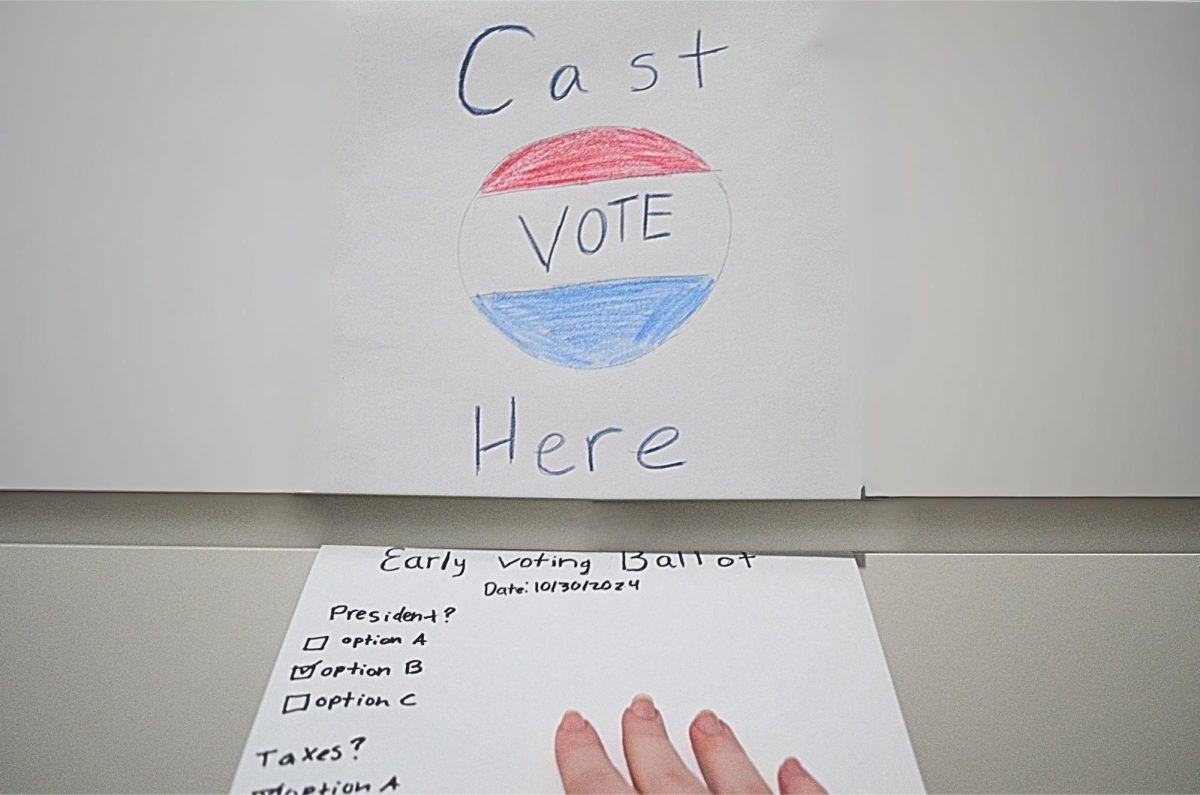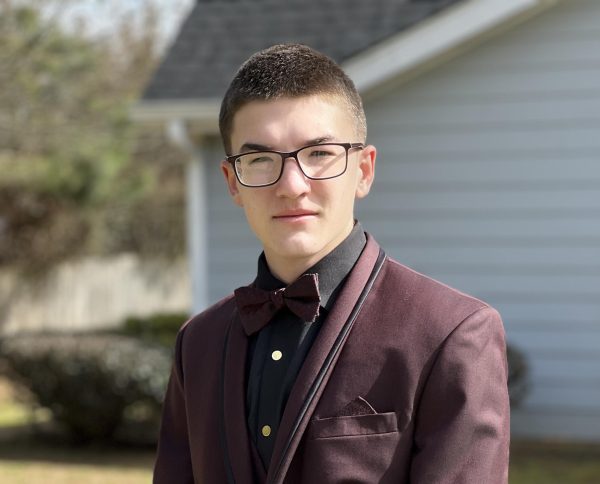In a survey conducted by the American Association of University Professors (AAUP), over a quarter of college professors in Georgia said they plan to leave the state due to political tensions and controversial decisions by the education system. The nationwide study included 1,500 University System of Georgia (USG) professors. Among this group, 27% plan to leave the state in the upcoming year. With the university system employing over 11,000 professors, losing a fourth of that population could detrimentally impact the state’s education quality and potentially push prospective students away from the USG.
According to Georgia’s AAUP president, Matthew Boedy, 33% of the professors plan to leave academia entirely. Professors claim salary cuts and the gutting of tenure in the USG led them to look for other professions. Tenure served as the leading method to benefit professors who work for universities long-term; with USG deciding to cut tenure from all its schools, professors see no incentives in a permanent teaching career.
“In Georgia, it is working conditions which includes salary. But better salaries is not the silver bullet to retain professors. Attacks on higher education, limiting curriculum, and workload are also important issues,” Boedy said.
In recent years, university professors and grade school teachers alike have scrutinized the education system for failing to protect academic freedom. Political tensions remain the second leading cause for faculty departures across all states. Approximately 80% of respondents report their state’s policies as poor or very poor.
Georgia’s school system bands with other systems in states such as Florida and Texas in a recent push to restructure classrooms and enact laws to prevent certain discussions. Cobb County School District (CCSD) stepped in line with other districts in Georgia to ban books with “sexually explicit content,” as sent in an electronic message from the county August 21. The novels “Flamer” and “Me and Earl and the Dying Girl” contain LGBTQ+ main characters and feature themes regarding sexuality. These bans came shortly after the firing of a CCSD teacher for reading an LGBTQ+-themed book to a fifth-grade class. The termination came as presumably the first time a district fired an educator under Georgia’s new “divisive concepts” law, which bans teachers from discussing certain issues with race, gender and sexuality.
Professors brought their concerns about these new limitations to light in the survey. 50% of professors noted academic freedom as a top concern, and around 30% worried about the education system suppressing LGBTQ+ themes, abortion rights and reproductive rights. These decisions evoke fear in educators as they adjust their curriculum and teach cautiously due to new threats to their careers.
85% of respondents found a decline in job candidates for their universities and a sharp decrease in talent. As fewer people enter the field, the concerns in academia rise. Two respondents noted their top worries: hostile political climates and fears over USG’s future could harm their schools’ statuses.
“More students are hearing college is not worth it. Then when many get to college, they find few course options, fewer professors as mentors, fewer options for help, and a loss of reputation for your college. These issues affect students immensely,” Boedy said.
Recruiting prospective students grows much more difficult for colleges in the USG. For seniors at high schools such as NC, decisions on their future may grow increasingly difficult with USG’s struggles. Professors continue expressing their agitations, and the concerning results from the AAUP create a pressing challenge for Georgia.
















